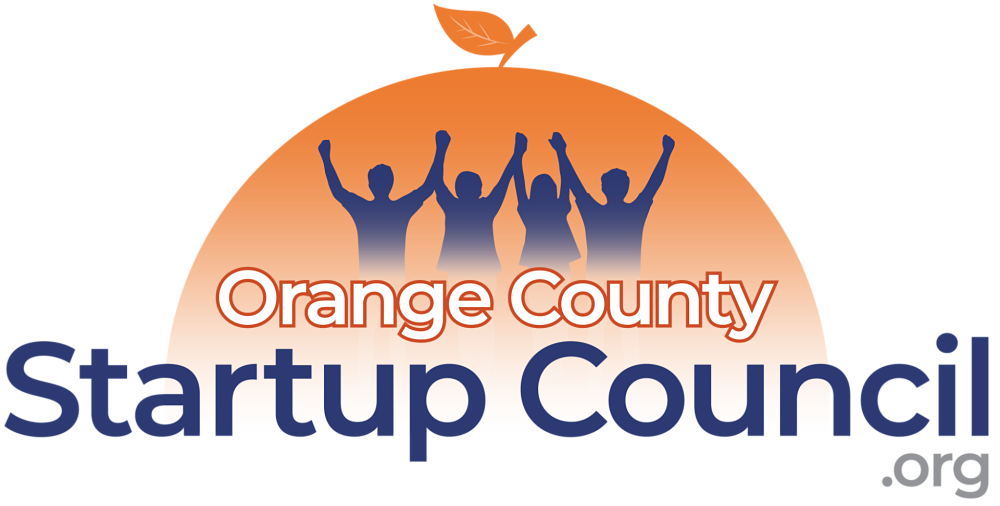Fundraising Alternatives For Your Startup
An article we liked from Thought Leaders Gefen Skolnick and Miki Reynolds:
How to Get Funding For Your Startup That’s *Not* Venture Capital
Miki Reynolds is currently the Executive Director of Grid110, an early-stage startup accelerator and community development non-profit in Los Angeles.
Miki recognizes that it’s tough to raise venture capital as an underrepresented founder (and that venture is not even the route most companies should pursue) so together we compiled a quick guide to fundraising alternatives to venture capital:
Crowdfunding
There are two methods to think about when it comes to crowdfunding: equity investing platforms like Republic and StartEngine and rewards-based crowdfunding like Indiegogo and Kickstarter. Here’s a helpful primer on the difference between the two. You will need to do extensive research and prep if you decide to go this route to raise capital, as you are expected to source a percentage of the investors/donors from our own community and/or marketing initiatives. But the upside is exposure (customers, investors) and raising the capital you need on your own terms. Grid110 has known founders to raise enough capital to launch their businesses through crowdfunding and founders who have raised a seed round through equity crowd investing.
Sidenote: There have been a number of successful startups that started off getting grant money and/or launching Kickstarter campaigns, the most notable example would be Oculus, which was acquired by Facebook for $2 billion in 2014. They launched a Kickstarter with the goal of raising $250,000 and within 4 hours they reached their target! In fact, they ended up raising over $2 million dollars through their campaign alone. Eventually, they ended up raising a Series A from Matrix Partners and Spark Capital.
Angel Investors
As an early-stage entrepreneur, getting connected to and familiar with angel investors can be critical to growing your business. They tend to be more risk-tolerant, wanting to invest at the earliest stages (often pre-product). I’ve known founders who have raised several hundred thousand dollars between a few key individual investors.
While angels tend to write smaller checks than VCs (although some angels will invest at comparable check sizes), it’s critical early on to focus on the initial funds needed to build your product and...
Read the rest of this article at medium.com...
Thanks for this article excerpt to Gefen Skolnick and Miki Reynolds.
Photo by Visual Stories || Micheile on Unsplash
Want to share your advice for startup entrepreneurs? Submit a Guest Post here.
